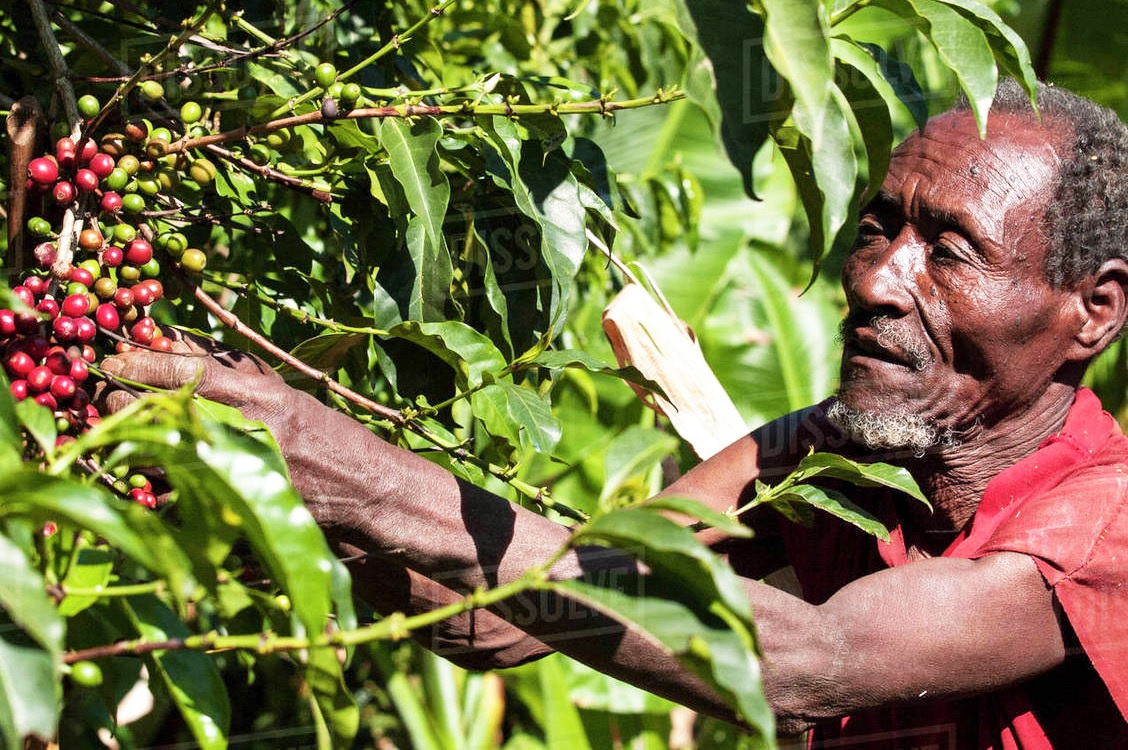
Two years ago, Ethiopia has come up with a new export reform to boost foreign exchange earnings from primary export commodities. The reform is set to improve quality and introduce value addition, among others.
This is particularly true for the production of coffee. Besides its consumption, coffee production is significant to the Ethiopian economy as the source of income for about 30 percent of the general population; it is also among the country’s top export commodity.
Roast magazine in its latest feature under the title ‘The Bond of Coffee: Coffee Consumption in Ethiopia’ revealed that half of the Ethiopian coffee is consumed domestically and that it is second only to Brazil in domestic consumption among coffee-growing countries.
Government restrictions, however, require the export of high-grade coffees, which are designated as commercial and specialty. Coffee exports drive in foreign currency necessary to develop the local economy.
As Ethiopian coffee quality improves, international demand for all grades of coffee increases, including those intended for domestic consumption. With this view, the country is working to significantly increase the volume of its quality coffee.
The Ethiopian Coffee and Tea Development Authority (ECTDA) disclosed that it has been stumping and pruning coffee trees on 46,075 hectares of land to improve the national coffee product quality and quantity.
Berhanu Tsegaye, Coffee, Tea, and Spices Extension Director tells The Ethiopian Herald that the campaign has been implemented in collaboration of NGOs with more nine million Birr in Southern Nations, Nationalities and Peoples, and Oromia states. The Authority is also planning to expand it to other areas in the near future.
As to him, ECTDA has also formulated a document to control coffee marketing and make sure that the coffee products meet the international quality standard at every level.
The Authority has also been conducting a widespread campaign to improve the awareness of stakeholders in the coffee production industry including farmers on the issue of quality. The campaign has brought about encouraging outcomes so far.
Berhanu says the campaign has also facilitated the plan to stumping and pruning coffee in large scale.
ECTDA has also been working with Oromia Agricultural Research Institute to create a high-quality hybrid coffee. Currently, Ethiopia has 43 coffee types of coffee out of which seven are hybrid. The remaining 36 are specialty coffee.
The Authority is also planning to work with the institute in the future for more advanced hybridization. And he also underlined that this trend will expand to other states’ Agricultural Research Institute to enhance coffee quality and quantity in scientific investigation and experiment.
Ethiopian Coffee Exporters Association (ECEA) says that while the government should take the highest responsibility, the national effort to improve the quality of coffee products needs the active involvement and collaboration of all stakeholders.
Getachew Adimasu, Public Relations Officer at ECEA says that ECEA has been continuously discussing the issue of quality, and national policy with exporters. In addition, it has also organized experience sharing platforms.
Traditional coffee production, budget limitation, lack of input, limited use of modern machinery, mixing of less quality coffee or other products with high-quality coffee, and absence of quality standard payment system and standardized stores have been challenging the national effort to improve the quality of coffee exports. The export reform and the campaign are expected to improve this situation and boost the country’s coffee export performance.
In addition, the country has been making a lot of effort to promote its specialty coffee. Last week, Ethiopia and China have signed a Memorandum of Understanding on coffee exports to China.
Under the agreement, efforts will be made to encourage the export of Ethiopia’s cash crops, starting with coffee, and seek buyers to help sell Ethiopian coffee in China.
Amid increasing demand for coffee among younger Chinese, penetrating the emerging coffee market has become a major priority of Ethiopian coffee producers and exporters, according to Xinhua.
The Ethiopian Hearld May 2/2019
BY MULATU BELACHEW





